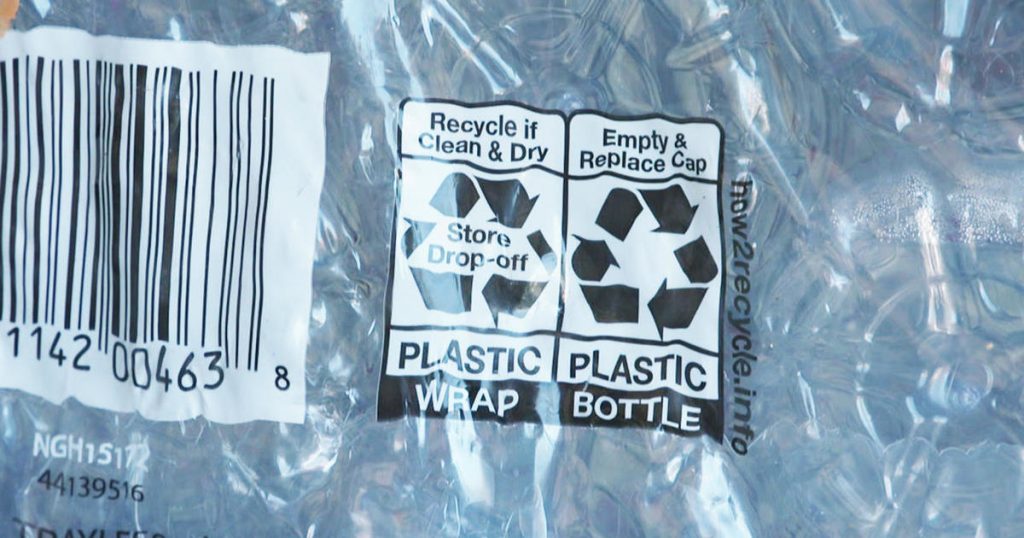Jan Dell, a former chemical engineer, has spent years revealing the inconvenient truth about plastics. Despite the recyclable label on many plastic products, Dell explains that the majority of plastics are not actually recycled. In the U.S., only 5 to 6 percent of the 48 million tons of plastic waste generated each year is recycled, with the rest ending up in landfills or being burned. Dell founded The Last Beach Cleanup, a non-profit organization dedicated to fighting plastic pollution, and has a collection of plastic items, labeled with recyclable symbols, in her garage to illustrate the issue.
The use of recyclable symbols on plastic products began in 1988 as a way to convince the public that plastic waste was not a problem because it could be recycled. However, investigative researcher Davis Allen from the Center for Climate Integrity suggests that the plastics industry did not necessarily need recycling to work, but rather needed people to believe that it was effective. A report titled “The Fraud of Plastic Recycling” accuses the plastics industry of misleading the public about the feasibility of plastic recycling, despite knowing the technical and economic limitations that make large-scale recycling unachievable. The industry’s promotion of recycling was driven by a desire to continue selling plastic products, as recycling increased profits.
Plastic is derived from oil and gas and comes in a wide range of varieties, most of which cannot be recycled together. In the 1980s, when some municipalities sought to ban plastic products, the industry turned to promoting recycling as a solution. Evidence obtained from public archives and industry insiders indicates that the plastics industry was aware that recycling was not working but used it as a public relations strategy. Although the industry has recently launched an ad campaign promoting recycling as a viable option and claims to be investing in advanced recycling technology, critics like Jan Dell remain skeptical, arguing that the recycling processes have not significantly advanced in the past 30 years.
The plastics industry is projecting a significant increase in plastic production by 2050, leading to a surge in plastic waste on land and in the ocean. In response, over 170 countries are working on a United Nations treaty to address plastic pollution. The plastics industry opposes bans on plastic production but supports increased recycling efforts. However, Dell believes that the plastics industry has recycled nothing but lies, consistently misleading the public about the effectiveness of plastic recycling. With plastic waste continuing to accumulate, there is a growing urgency to find sustainable solutions for managing plastic pollution.
Jan Dell’s efforts to expose the realities of plastic recycling shed light on a pervasive issue that has been misrepresented by the plastics industry for decades. Despite the industry’s claims of investing in recycling technology, the challenges of recycling plastic remain substantial. As the global production of plastic continues to rise, the need for effective solutions to reduce plastic waste and pollution becomes increasingly urgent. By challenging the narratives promoted by the plastics industry, advocates like Jan Dell are working to bring attention to the true environmental impact of plastic production and disposal. The push for more sustainable practices and policies related to plastic use is essential in addressing the growing crisis of plastic pollution on a global scale.


